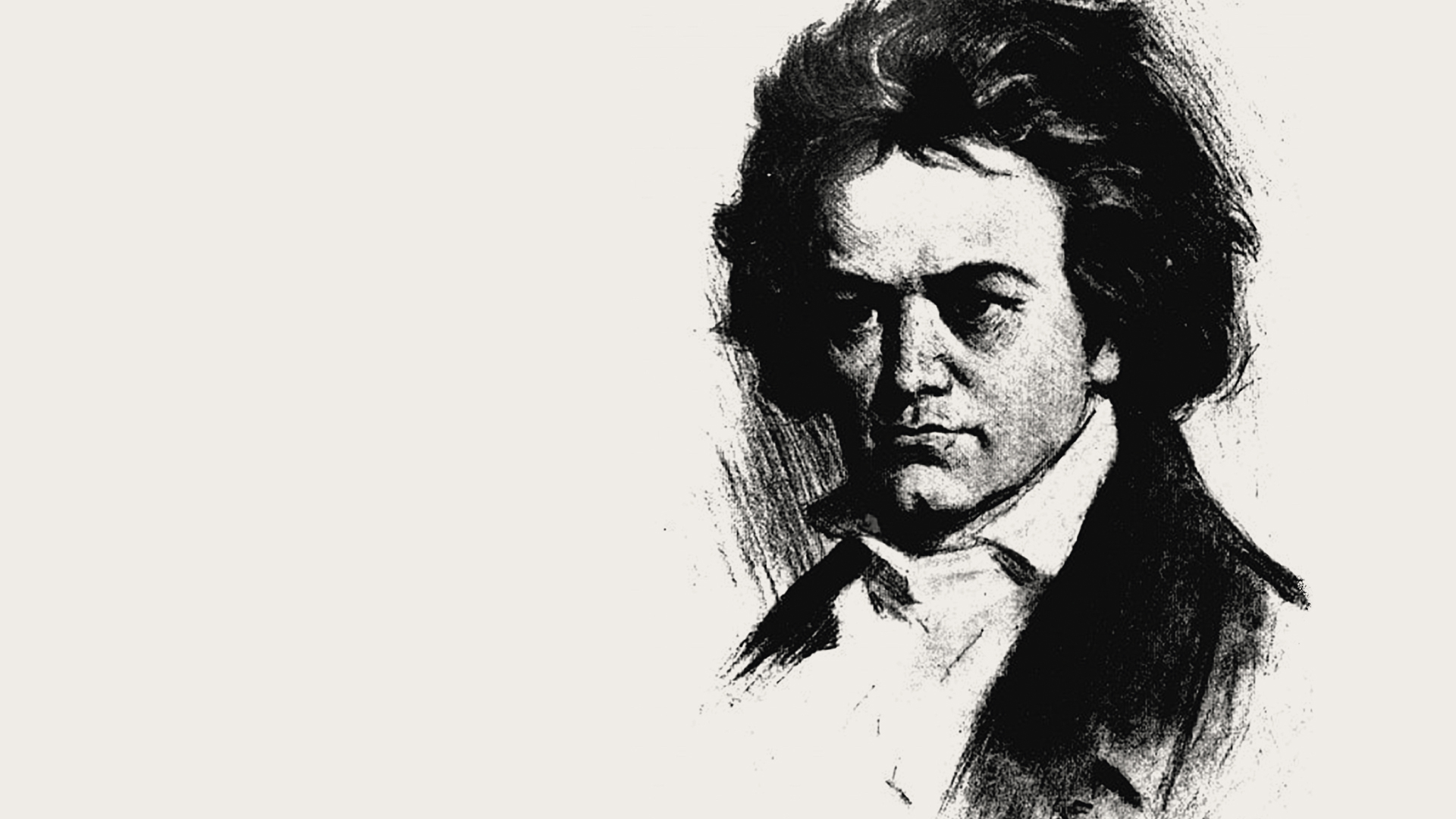Out of all composers (dead or alive), Beethoven needs the least promotion. His quotes are on mugs, Lego has created a figure in his honour – there’s even a film series featuring a St Bernard named after him.Most people who may claim not to know anything about classical music would recognise the ‘da, da, da dum!’ opening figure from Beethoven’s Fifth. And those who think they don’t like Beethoven usually fall for his ‘Pastoral’ symphony – the one made famous by Disney’s cupids, rainbow goddess and centaur couples in the 1940 animation Fantasia. Nevertheless, as 2020 marks the 250th anniversary of Beethoven’s birth – and because the arts world loves a date to commemorate – we’ll be hearing even more of the great German composer’s work over the coming months.
“Should we celebrate someone who is celebrated every day?” asked Alfred Brendel, the Austrian pianist and internationally renowned Beethoven specialist, at a recent event held at the German Embassy in London. It’s a provocative point, but one worth making: there are hundreds of composers whose work would benefit from a fraction of Beethoven’s fame. However, it’s not only the quality of Beethoven’s music that makes him so special – that these works of genius were created by a man who was losing his hearing is astonishing.
Malte Boecker, director of Beethoven-Haus Bonn, also highlights Beethoven’s role in history as a thinker and social activist. A recently unearthed letter that was written when the composer was 24 wonders: “When will we see that all people are treated as human beings?”
It’s no surprise that Beethoven’s Ode to Joy, taken from the ninth symphony, has been used as a protest piece throughout history. It’s also the music that’s often used to represent the EU and has become the unofficial Remain theme in the UK. (Russian-German pianist Igor Levit prompted headlines after he performed Liszt’s transcription of the work during the 2017 Proms, where audience members had been asked to refrain from flying EU flags.)
Brendel and Boecker were in town to launch the Oxford Beethoven Festival (running now until December 13), curated by artistic director Marios Papadopoulos and the Oxford Philharmonic Orchestra. Oxford is the ideal place for the UK’s biggest Beethoven event: the city is twinned with Bonn, the composer’s birthplace. The orchestra will be performing all of Beethoven’s symphonies and concertos throughout the series, and are hosting an impressive array of pianists (including Sir András Schiff on June 18) to perform all the piano sonatas. Principal players from the orchestra will be covering the complete violin and cello sonatas. As part of the ensemble’s residency at Oxford University, there will also be lectures and masterclasses, plus a symposium (February 6 and 7; £25 for non-students).
For all that we know and love about Beethoven, unsolved mysteries remain. His famous letter to his Immortal Beloved – featuring the words “Ever thine. Ever mine. Ever ours.” – has left historians trawling through archives for centuries in a quest to find the composer’s unknown love. The recipient, if indeed there was one, is the subject of a new novel by Jessica Duchen, who brings a narrated concert to Oxford’s Holywell Music Room (November 6).









